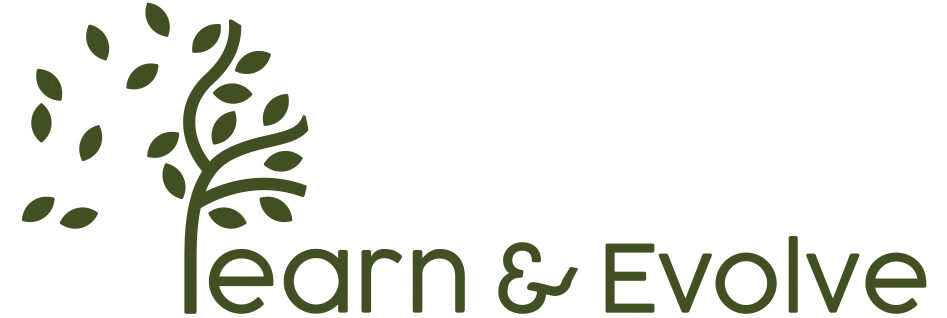Why is Emotional Intelligence so Important in the Workplace?
and how to find it in people
Every human being on the planet is innately emotional. For that reason, it is important to understand, appreciate, and respect the value emotional intelligence brings to the workplace. From communication, relationship building, and stress relief skills, a highly emotionally intelligent individual provides a company with the right knowledge to overcome tough obstacles.
How Important is Emotional Intelligence?
With the expansion of AI, technical and mundane tasks are now being covered. This makes the role of emotional intelligence the main focus to ensure a prosperous company growth. For that reason, an emotionally intelligent workforce should be your top priority.
Having an emotionally intelligent worker in your company provides the team with a suitable, stable, and balanced tone to work quickly and successfully in a healthy work environment. The passion they bring to the workplace ensures a high-functioning team, transforming the workplace into a second home for all employees.
How to Discover the Emotional Intelligence of Your Potential Employees?
Now that you are aware of the importance of having emotionally intelligent team members, you might be asking yourself what are the right technics and skills that you should be on the lookout for to ensure the success of your workforce. In this article, we provide you with some of the main identification points you should pay attention to when interviewing potential employees.
- A Passion for Learning and Self-Growth
While it is easier to hire an individual who is full of his or her own self-importance and abilities, what you should be looking out for is people who are confident in their skills, but are also capable of identifying their weaknesses.
Pay attention to their passion for learning, and make sure their backgrounds prove their potential in growing with mentors, trainers, and team members. - A Desire to Communicate and Share Ideas
Now that the internet provides everyone with enough information to come prepared to any interview, most interviewees tend to respond to questions quickly and half-mindedly.
Look for individuals who are not afraid to take their time answering your questions. This shows you their genuine approach to your interrogations and their comfortability in silently thinking about their answers. - A Bright History
Most interviewers ask for an interviewee’s reference letters from previous jobs. While this shows you the relationship your potential employee had with his or her manager or team member, it does not provide you with a detailed report of their best and worst habits.
Talk to your interviewee’s referees and ask them questions about some of their positive and negative feedback reports. Get to know your potential workforce before jumping to conclusions. - An Interest in You and Your Work
Weed out individuals who are mainly joining your team for a simple job by ensuring a dialogue is taking place.
The right interviewee will have researched your company enough to be able to ask you questions about your values, your company’s work environment, and the skills you require of them. - A Promising Motivation to Add Talent to Your Workforce
A person who is motivated to join a workforce will show it through his or her values, desires, and excitement.
Lookout for what your interviewee is most excited about and make sure they believe in their talents to benefit your current workforce.
Finding emotionally intelligent employees to add to your workforce is not an easy task. But with enough training, attention to details, and social skills, your company will benefit greatly from the tremendous addition you will be providing to your teams.




